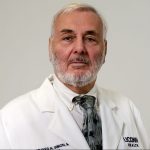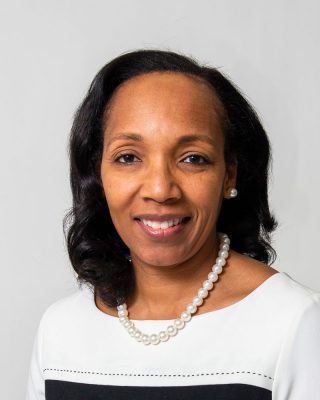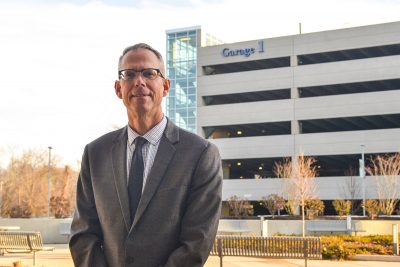Creating connections and engaging our community make up one of the cornerstones of our mission.
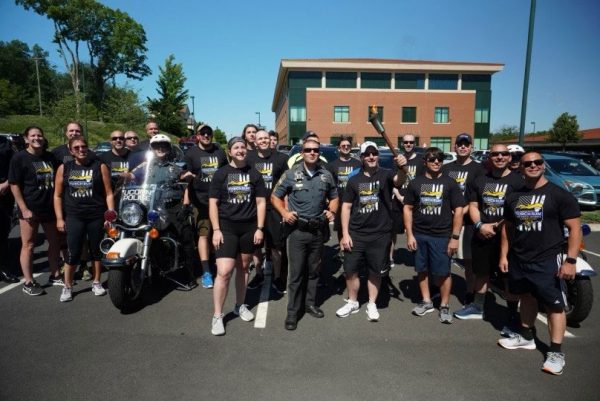
We understand the importance of human connection. As a police department, we try to find new and innovative ways to create new connections. We want to be part of our community and support the community in any way that leaves the community better.
Our officers know that giving back to the community is essential. Many of us do so by donating time, random acts of kindness, and helping others in need. We accomplish some of those goals by getting involved with many great organizations.
For example, we are strong supporters of the Special Olympics. This year, thanks to the hard work of Sgt. Dominic Nesci, the Law Enforcement Torch Run ran through our Farmington campus, with many officers participating, including Sgt. Nick Catania running in full uniform.

We also have conducted food drives, toy drives for DCF children, and stuff a cruiser with school supplies for inner city kids. For us, connecting with the community is a priority and hopefully we serve as a role model for others to join in helping.
It is also fun as it pushes us out of our comfort zone. Last year, I rappelled down 31 stories for “Over the Edge for Special Olympics of Connecticut” campaign. If you want to see some 2020 pictures go to my page. I also had a great group of people cheering me on and waiting for me at the bottom. I’m doing it again this year, on Sept. 3 — scary and fun but also a great way to support!
Take time to help each other. When we support each other, we succeed, we heal, we grow.
Do you have a suggested topic for the Campus Safety Corner? Email your suggestion, with “Campus Safety Corner” in the subject line, to pulse@uchc.edu.
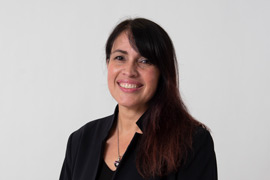
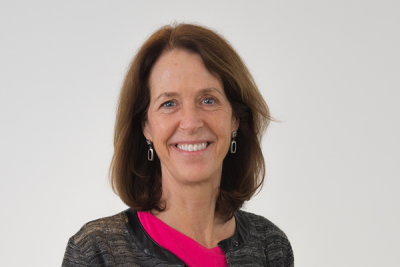
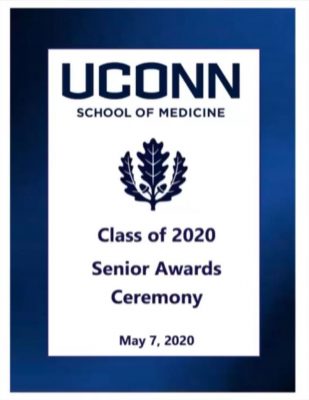 The UConn School of Medicine Class of 2020 senior awards ceremony
The UConn School of Medicine Class of 2020 senior awards ceremony 